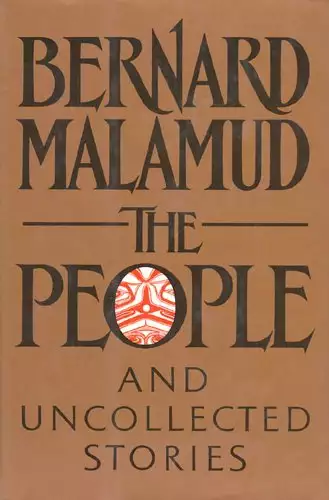The People
We hope you are enjoying the book so far. To continue reading...
The People
Bernard Malamud
Copyright © 2026 All Rights Reserved
Close
